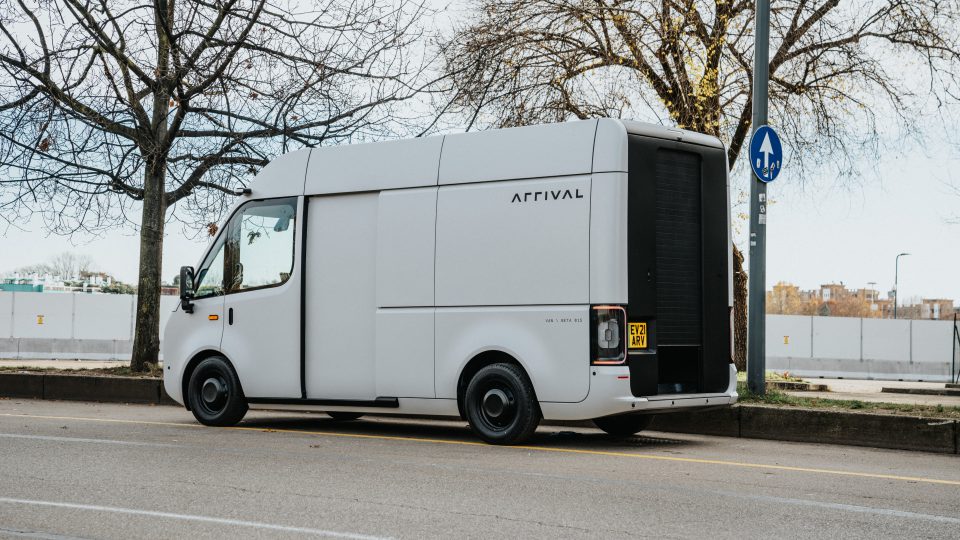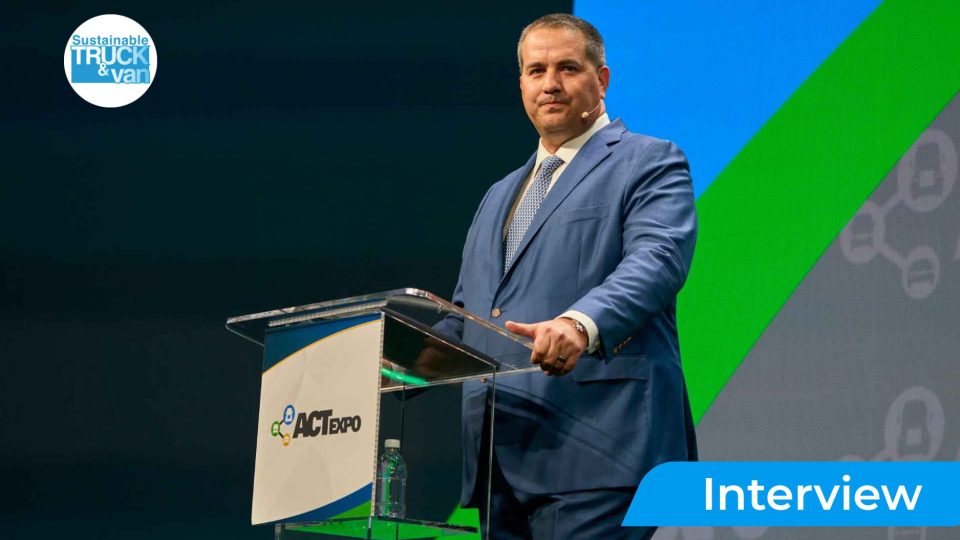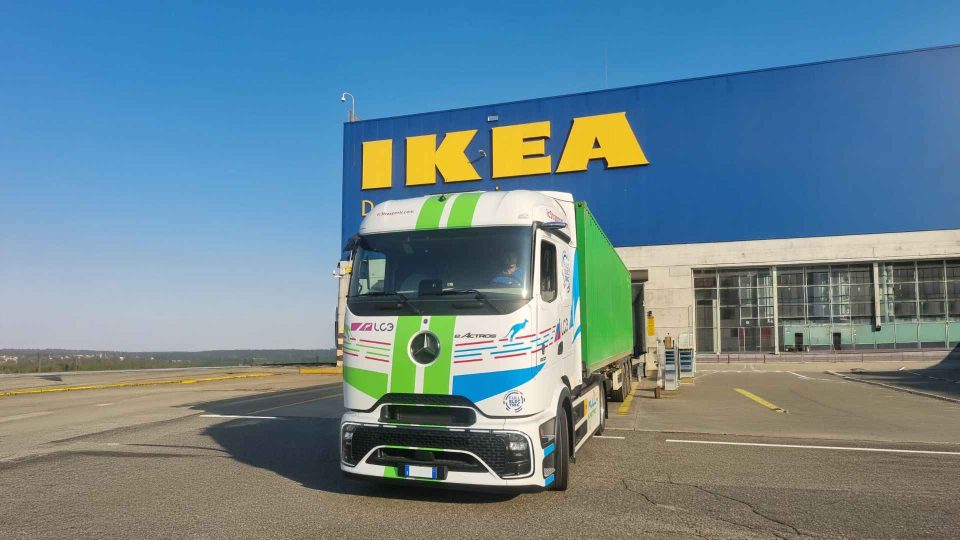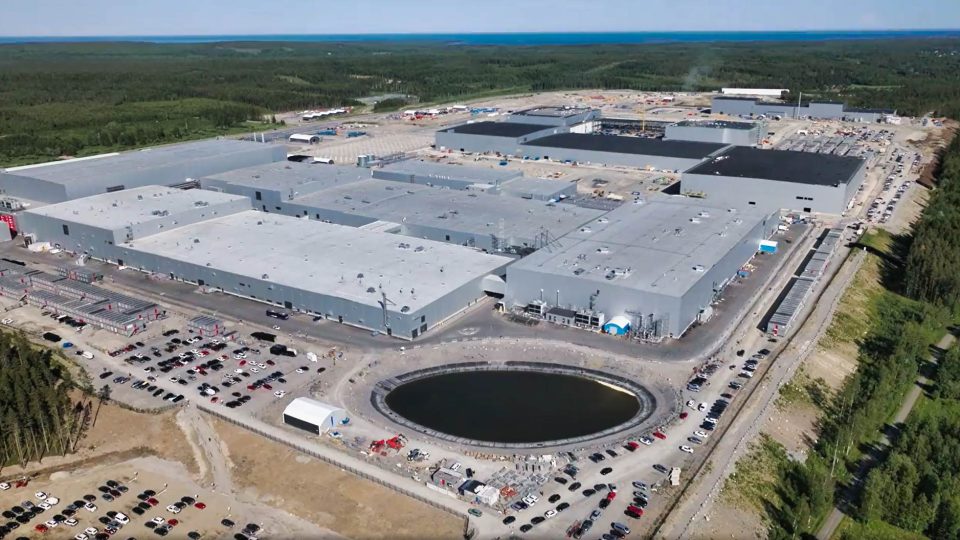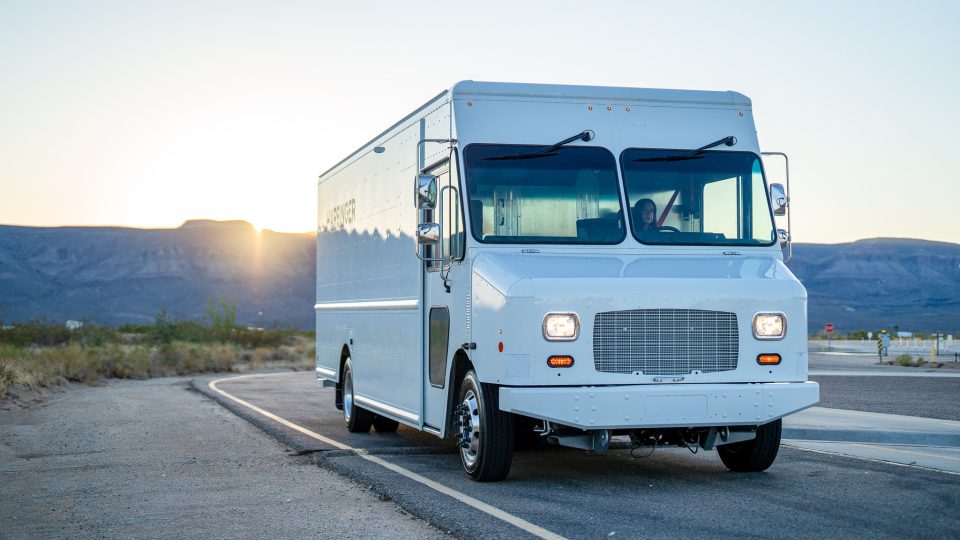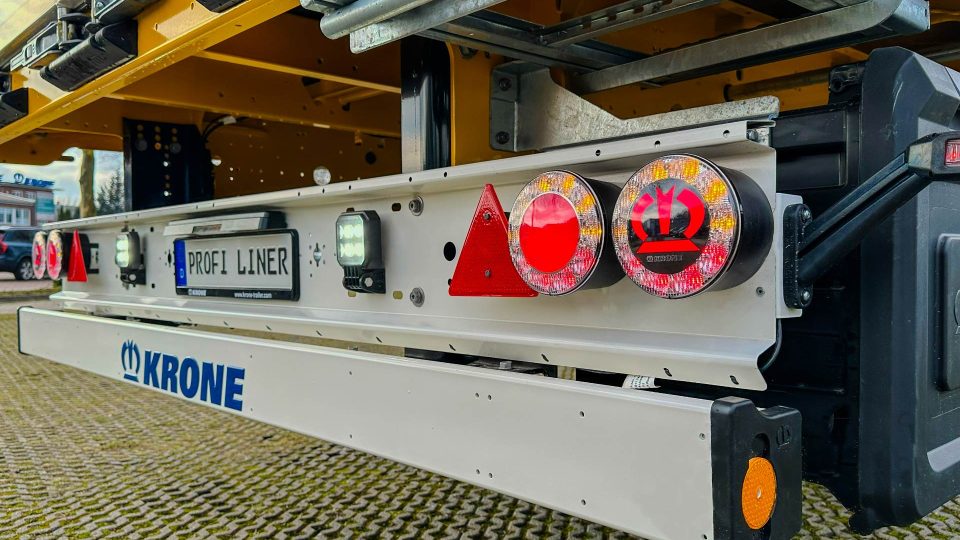Arrival, Denis Sverdlov steps down as CEO. Former Chairman of the Board Peter Cuneo appointed interim CEO
Denis Sverdlov becomes Chairman of the Board, thus replacing Peter Cuneo. “I am more committed than ever to ensuring Arrival’s success, and I will continue to act in the best interests of the Company, shareholders, customers, partners and employees", declared Sverdlov.
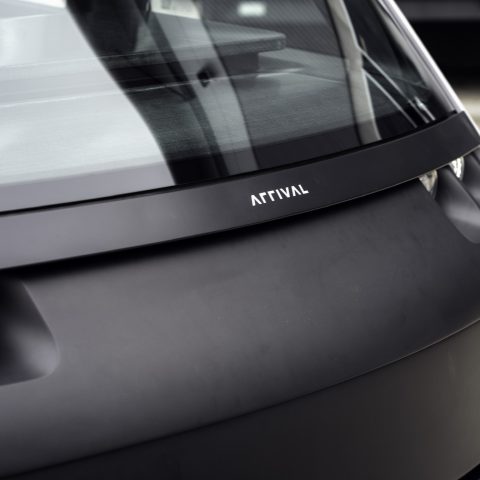
Denis Sverdlov is not Arrival CEO anymore. Despite the letter written not long ago in order to explain the difficult time the Arrival project is facing, Sverdlov was forced to step down. He will be replaced by former Chairman of the Board F. Peter Cuneo, now appointed interim CEO. Denis Sverdlov becomes in turn Chairman of the Board.
“I intend to bring the full depth of my experience to this operational role, ensuring that the Company executes on its next set of strategic goals. I look forward to working closely with Denis, the rest of the Board and our employees for the benefit of all Arrival’s stakeholders”, stated Peter Cuneo, who has resigned from the Board and the Audit Committee in order to focus on his duties as Interim CEO. Peter Cuneo will continue to attend Board meetings as an observer.
Arrival: Denis Sverdlov speaking
“I am more committed than ever to ensuring Arrival’s success, and I will continue to act in the best interests of the Company, shareholders, customers, partners and employees”, declared former Arrival CEO, Denis Sverdlov.
Potrebbe interessarti
Prospects, microfactories and disruptive elements. The Arrival project explained by Andrea Finardi, Head of Commercial for Southern Europe
Additionally, Avinash Rugoobur resigned as President and Chief of Strategy on 22 November, 2022 for personal reasons, but will remain a Board member. Rexford Tibbens will assume the role of Chairman of the Company’s Strategic Planning and Operations Committee, which will work closely with management and focus on achieving key milestones across all divisions of the Company, including fundraising.



